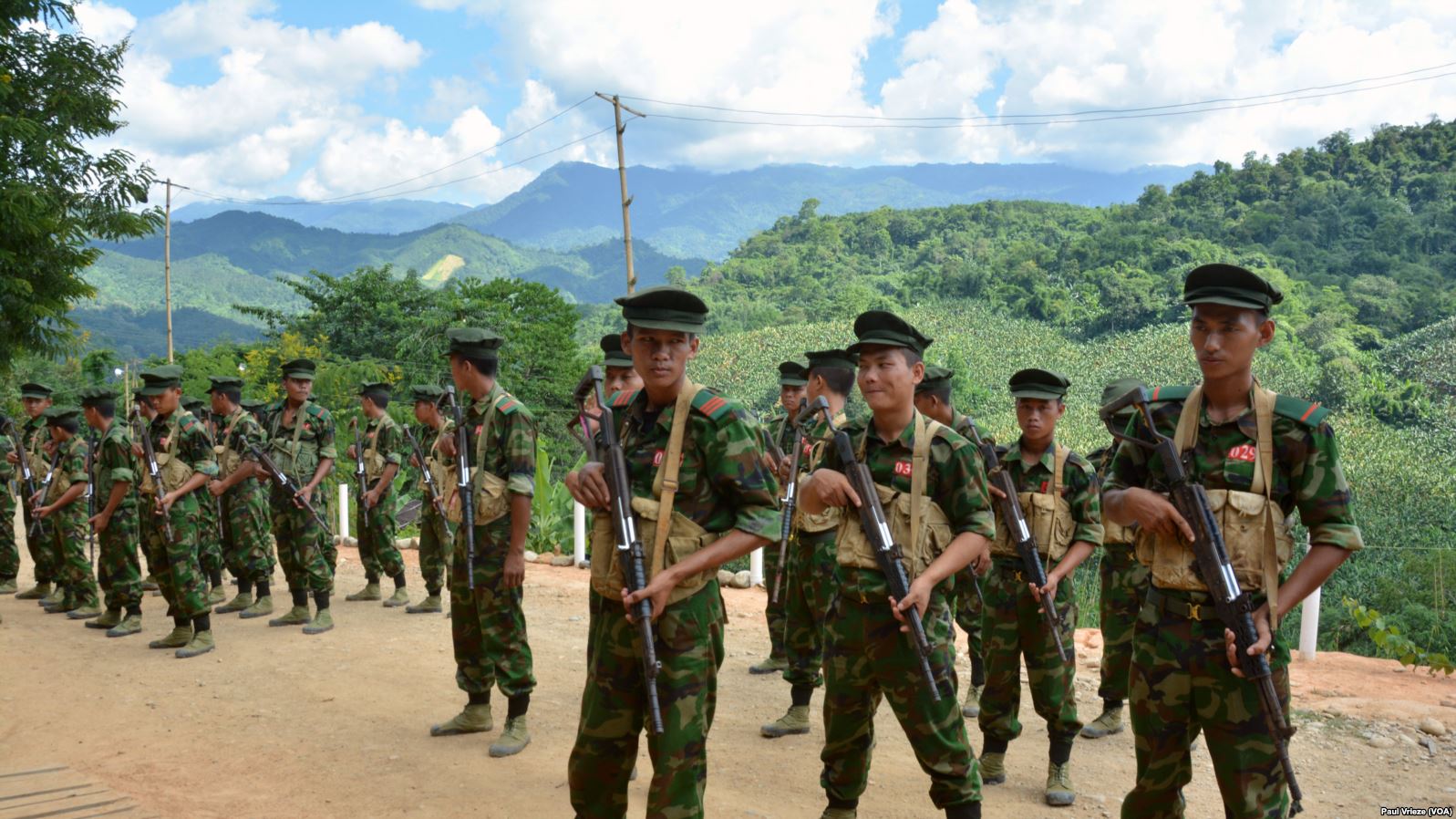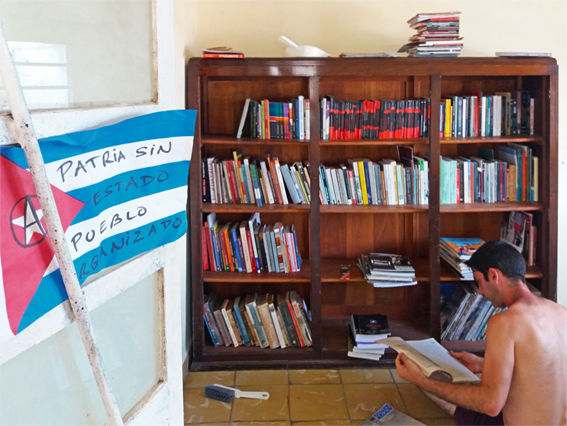Libya: protest against siege of Derna
Protesters marched in Libya's capital Tripoli demanding that renegade general Khalifa Haftar lift his siege of the eastern city of Derna. Demonstrators gathered outside the headquarters of the UN mission to demand an international response. Protesters demanded UN pressure on Haftar to open a corridor at Derna to allow evacuation of the wounded and ill. Derna has been under siege for nearly two years, but the situation has worsened since Haftar launched a new offensive this month against the Islamist factions that control the city. (Map: IRIN)




